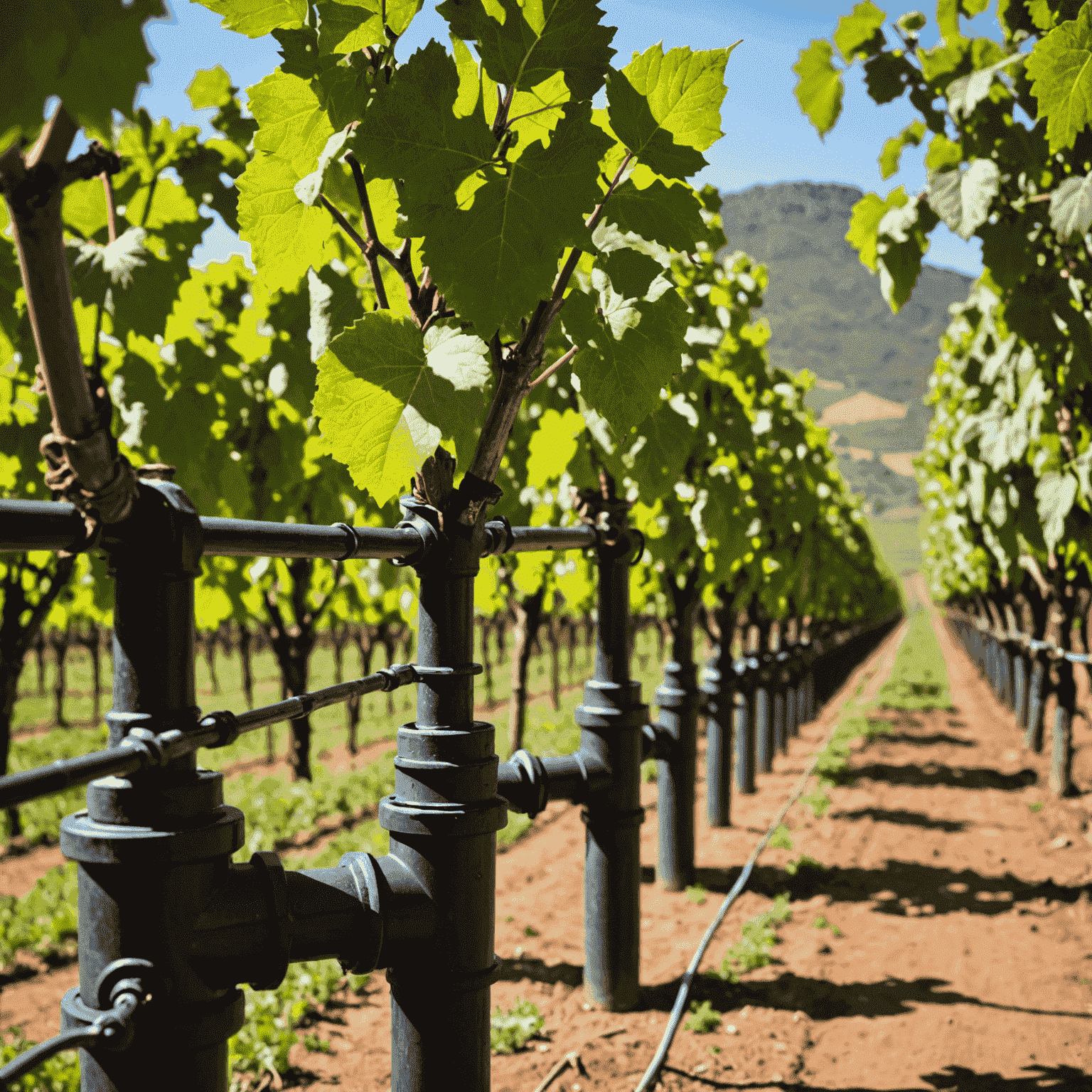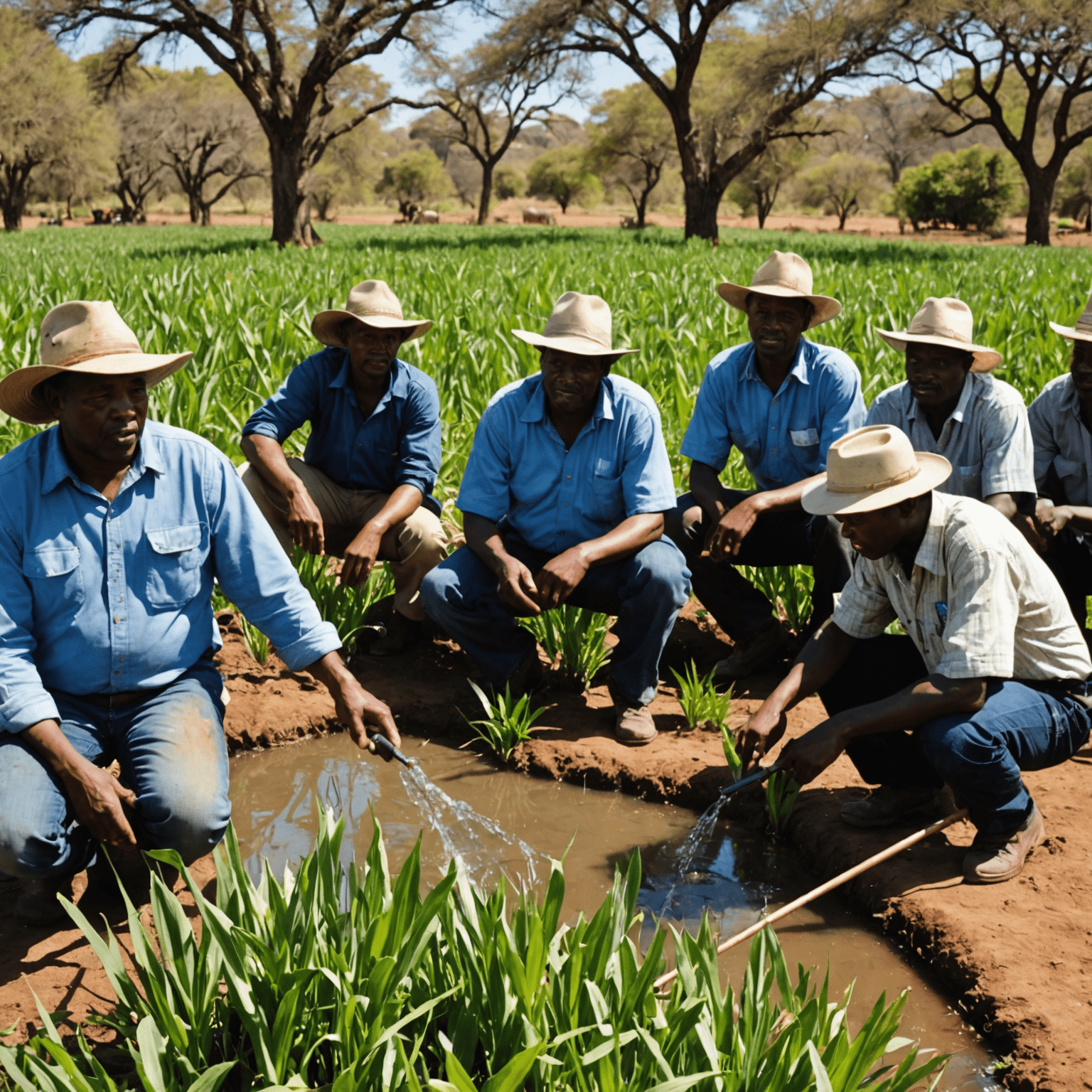Sustainable Agriculture and Water Use in SA

South Africa's agricultural sector faces significant challenges when it comes to water management. As a water-scarce country, implementing sustainable practices is crucial for the future of farming and food security.
Best Practices for Efficient Water Use
To address the water scarcity issues in South African agriculture, farmers and agricultural businesses are adopting innovative approaches:
- Drip Irrigation: This method delivers water directly to plant roots, minimizing evaporation and runoff.
- Crop Selection: Choosing drought-resistant crops that are better suited to the local climate.
- Soil Management: Improving soil health to increase water retention capacity.
- Water Recycling: Implementing systems to collect and reuse water on farms.
- Smart Technology: Utilizing sensors and data analytics to optimize water usage.

The Role of Technology in Water Management
Advancements in technology are playing a crucial role in improving water use efficiency in agriculture. Some key technological solutions include:
- Precision agriculture tools for targeted water application
- Weather forecasting systems to optimize irrigation schedules
- Remote sensing for crop water stress detection
- Automated irrigation systems controlled by AI and machine learning
These technologies not only help in conserving water but also contribute to increased crop yields and reduced operational costs for farmers.
Government Initiatives and Policies
The South African government has recognized the importance of sustainable water use in agriculture and has implemented several initiatives:
- National Water Resource Strategy
- Water allocation reform
- Incentives for water-efficient farming practices
- Research and development funding for water-saving technologies

Challenges and Future Outlook
Despite progress, challenges remain in implementing sustainable water use practices across all agricultural sectors in South Africa. These include:
- High initial costs of water-efficient technologies
- Need for farmer education and training
- Climate change impacts on water availability
- Balancing water needs between agriculture and other sectors
However, with continued focus on innovation, policy support, and collaboration between stakeholders, the future of sustainable agriculture and water use in South Africa looks promising.
Conclusion
Efficient water use in South African agriculture is not just an environmental imperative but also an economic necessity. By embracing sustainable practices and leveraging technology, the agricultural sector can ensure its long-term viability while contributing to the country's water security goals.